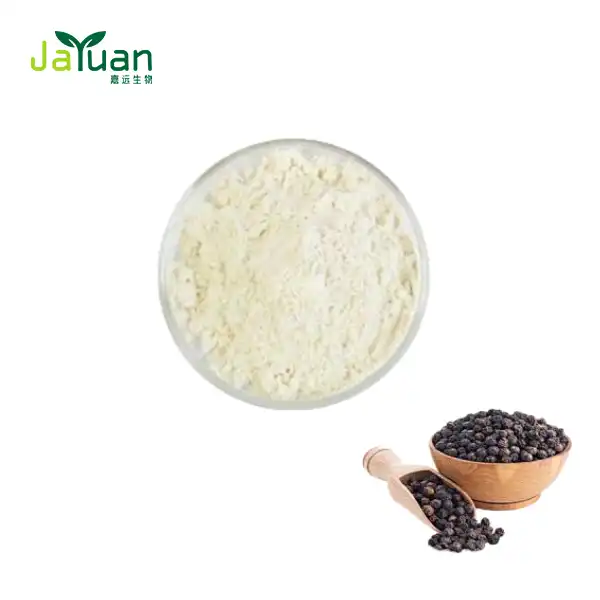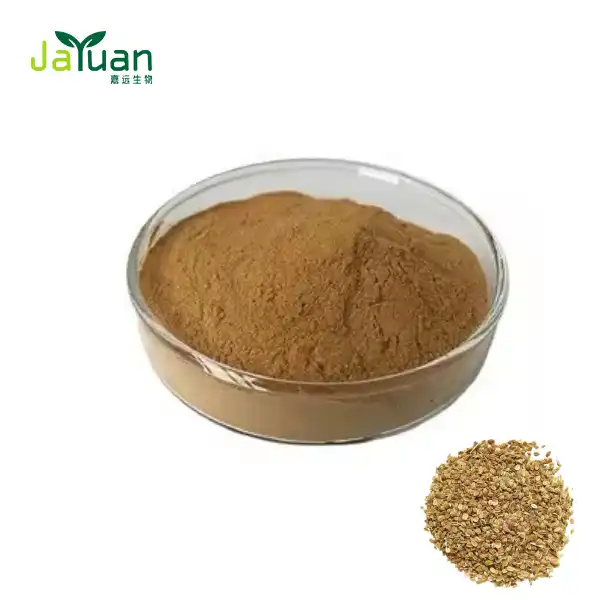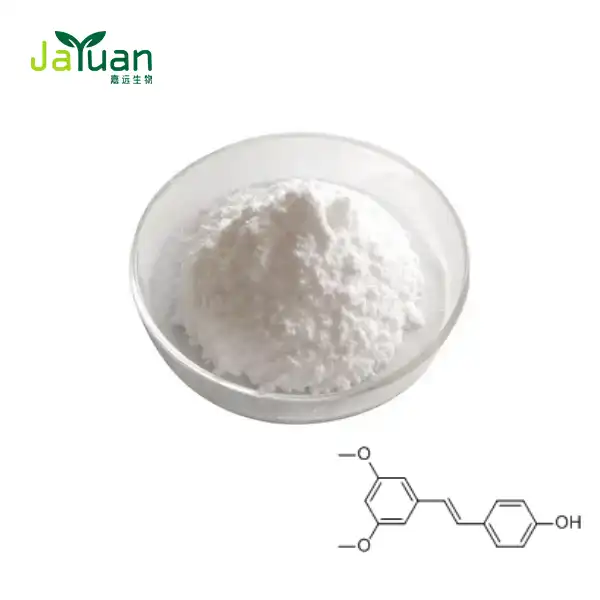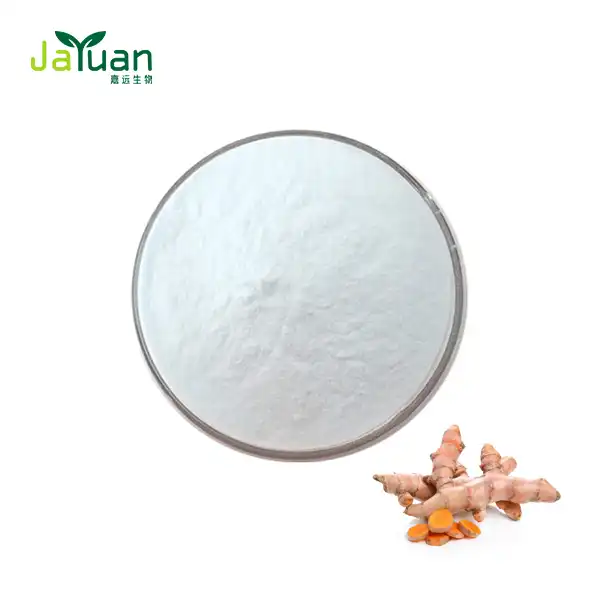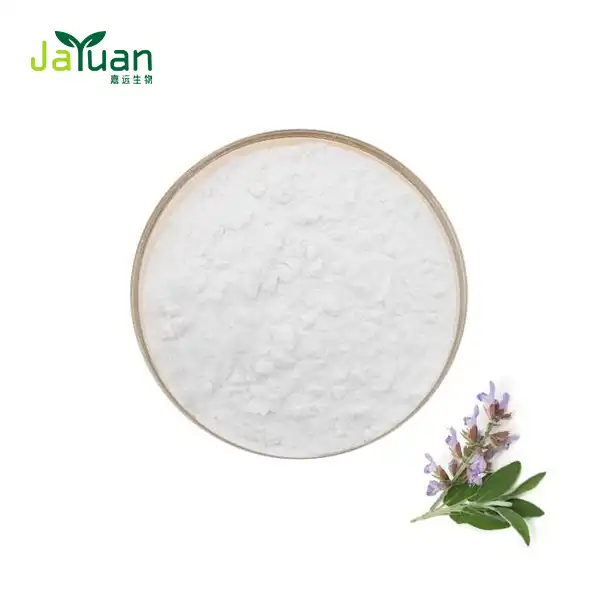Is glutamine peptide effective for reducing exercise-induced stress?
Exercise-induced stress can significantly impact athletic performance and recovery. As athletes and fitness enthusiasts seek ways to optimize their training and minimize the negative effects of intense physical activity, glutamine peptide has emerged as a potential solution. This article explores the effectiveness of it in reducing exercise-induced stress and its benefits for athletes across various aspects of their training and recovery.

Cortisol regulation in endurance athletes
Endurance athletes often experience elevated cortisol levels due to prolonged and intense physical exertion. Cortisol, known as the stress hormone, can have detrimental effects on muscle recovery, immune function, and overall athletic performance when chronically elevated. It has shown promise in helping regulate cortisol levels in endurance athletes.
Balancing the stress response
It may help balance the body's stress response by modulating cortisol production. By providing a readily available source of glutamine, this peptide can support the body's natural ability to cope with exercise-induced stress. This balance is crucial for maintaining optimal performance and preventing burnout in endurance athletes.
Preserving muscle mass
One of the challenges faced by endurance athletes is maintaining muscle mass during prolonged training periods. Elevated cortisol levels can lead to muscle breakdown, hindering recovery and performance. Its supplementation may help preserve muscle mass by reducing the catabolic effects of cortisol and supporting protein synthesis.

Oxidative stress protection during workouts
Intense exercise generates free radicals and oxidative stress, which can cause cellular damage and impair athletic performance. The best glutamine peptide has been studied for its potential antioxidant properties and ability to protect against exercise-induced oxidative stress.
Enhancing antioxidant defenses
It may support the body's natural antioxidant defenses by promoting the production of glutathione, a powerful antioxidant. This enhanced antioxidant capacity can help neutralize free radicals generated during intense workouts, potentially reducing muscle damage and improving recovery.
Mitigating exercise-induced inflammation
Inflammation is a natural response to exercise, but excessive inflammation can hinder recovery and performance. It has been shown to have anti-inflammatory properties, which may help mitigate exercise-induced inflammation and support faster recovery between training sessions.

Preventing exercise-induced immune suppression
Intense and prolonged exercise can temporarily suppress the immune system, leaving athletes more susceptible to infections and illnesses. It has been investigated for its potential to support immune function in athletes undergoing rigorous training regimens.
Supporting immune cell function
Glutamine is a crucial fuel source for immune cells, particularly lymphocytes. Its supplementation may help maintain adequate glutamine levels in the body, supporting the proper functioning of immune cells during periods of intense exercise and stress.
Enhancing mucosal immunity
The mucosal surfaces of the respiratory and gastrointestinal tracts are essential barriers against pathogens. It may help strengthen mucosal immunity by supporting the integrity of these surfaces and promoting the production of secretory immunoglobulin A (sIgA), an important antibody in mucosal defense.
Reducing upper respiratory tract infections
Athletes, particularly those engaged in endurance sports, are often more susceptible to upper respiratory tract infections (URTIs) due to the immune-suppressing effects of intense exercise. Some studies suggest that gln peptide supplementation may help reduce the incidence and severity of URTIs in athletes, potentially leading to fewer training interruptions and improved overall performance.

Optimizing recovery and performance
Beyond its stress-reducing properties, It may offer additional benefits for athletes looking to optimize their recovery and performance.
Enhancing glycogen replenishment
It has been shown to play a role in glycogen synthesis and storage. By supporting efficient glycogen replenishment after intense exercise, this supplement may help athletes recover more quickly and maintain energy levels for subsequent training sessions or competitions.
Improving hydration status
Proper hydration is crucial for athletic performance and recovery. Gln peptide may enhance water and electrolyte absorption in the intestines, potentially improving overall hydration status. This improved hydration can contribute to better performance, reduced fatigue, and faster recovery.
Supporting gut health
Intense exercise can sometimes lead to gastrointestinal distress and increased intestinal permeability, commonly known as "leaky gut." It may help maintain the integrity of the intestinal lining, potentially reducing exercise-induced gastrointestinal symptoms and supporting overall gut health in athletes.

Considerations for glutamine peptide supplementation
While the potential benefits of it for reducing exercise-induced stress are promising, it's important to consider several factors when incorporating this supplement into an athletic regimen.
Dosage and timing
The optimal dosage and timing of its supplementation may vary depending on individual needs, training intensity, and specific goals. Some studies suggest that glutamine doses ranging from 0.1 to 0.5 grams per kilogram of body weight per day may be effective, but it's best to consult with a sports nutritionist or healthcare professional for personalized recommendations.
Quality and purity
When choosing a supplement of it, it's crucial to select a high-quality product from a reputable manufacturer. Look for supplements that have undergone third-party testing for purity and potency to ensure you're getting a safe and effective product.
Individual response
As with any supplement, individual responses to it may vary. Some athletes may experience significant benefits, while others may notice more subtle effects. It's important to monitor your body's response and adjust supplementation as needed.
Conclusion
Glutamine peptide shows promise as an effective supplement for reducing exercise-induced stress in athletes. Its potential benefits in regulating cortisol levels, protecting against oxidative stress, supporting immune function, and optimizing recovery make it an intriguing option for those looking to enhance their athletic performance and overall well-being.
While more research is needed to fully understand the extent of its effects, the current evidence suggests that it may be a valuable addition to an athlete's nutrition and recovery strategy. As with any supplement, it's essential to approach glutamine peptide use thoughtfully and in conjunction with a well-rounded training program and balanced diet.
If you're considering incorporating it into your athletic regimen, consult with a sports nutritionist or healthcare professional to determine the best approach for your individual needs and goals. By taking a holistic approach to your training, nutrition, and recovery, you can maximize the potential benefits of it and other strategies to reduce exercise-induced stress and optimize your athletic performance.
For high-quality of it and other plant-based extracts to support your athletic performance, contact Xi'an Jayuan Bio-Tech at sales@jayuanbio.com and sales1@jayuanbio.com. Our team of experts is ready to help you find the perfect solution for your needs.
Experience the power of nature-derived supplements with Xi'an Jayuan Bio-Tech. Our premium glutamine peptide is sourced from carefully selected plant materials and manufactured using advanced extraction techniques. Trust in our commitment to quality, purity, and efficacy. Contact us today to elevate your athletic performance and recovery!
References
1. Gleeson, M. (2008). Dosing and efficacy of glutamine supplementation in human exercise and sport training. The Journal of Nutrition, 138(10), 2045S-2049S.
2. Cruzat, V. F., Krause, M., & Newsholme, P. (2014). Amino acid supplementation and impact on immune function in the context of exercise. Journal of the International Society of Sports Nutrition, 11(1), 61.
3. Legault, Z., Bagnall, N., & Kimmerly, D. S. (2015). The influence of oral L-glutamine supplementation on muscle strength recovery and soreness following unilateral knee extension eccentric exercise. International Journal of Sport Nutrition and Exercise Metabolism, 25(5), 417-426.
4. Pugh, J. N., Sage, S., Hutson, M., Doran, D. A., Fleming, S. C., Highton, J., ... & Close, G. L. (2017). Glutamine supplementation reduces markers of intestinal permeability during running in the heat in a dose-dependent manner. European Journal of Applied Physiology, 117(12), 2569-2577.
5. Coqueiro, A. Y., Rogero, M. M., & Tirapegui, J. (2019). Glutamine as an anti-fatigue amino acid in sports nutrition. Nutrients, 11(4), 863.
6. Zuhl, M. N., Lanphere, K. R., Kravitz, L., Mermier, C. M., Schneider, S., Dokladny, K., & Moseley, P. L. (2014). Effects of oral glutamine supplementation on exercise-induced gastrointestinal permeability and tight junction protein expression. Journal of Applied Physiology, 116(2), 183-191.

